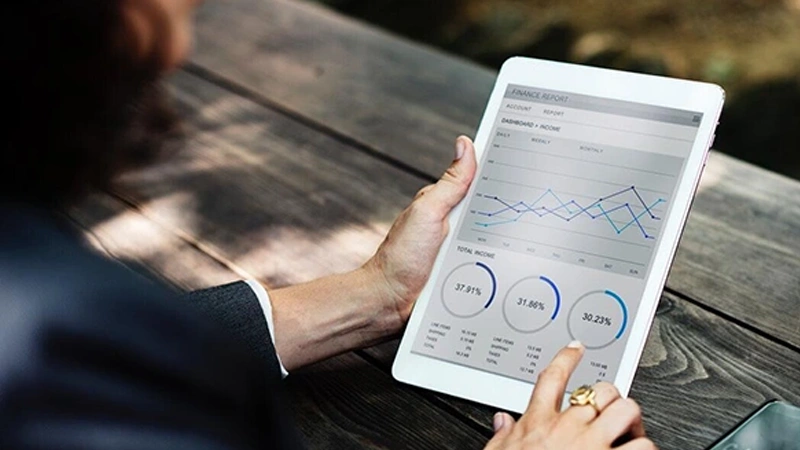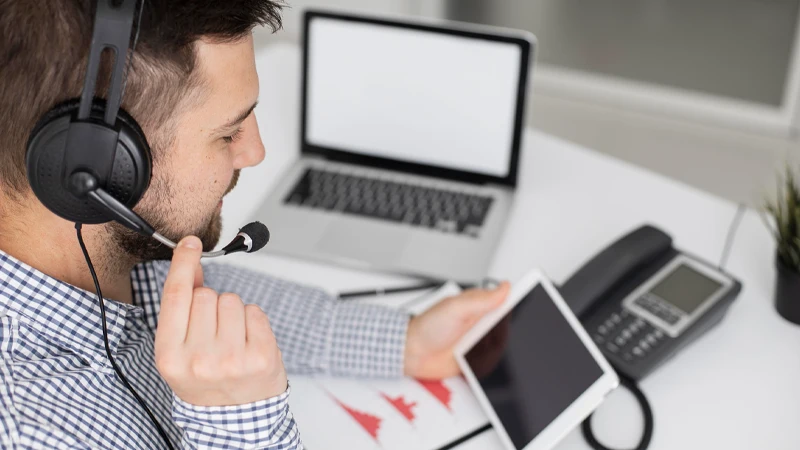We have lived through a couple of decades that have brought about the complete digital reinvention of our lifestyle, from the way we do business to the manner in which we spend money. It’s hard to imagine how we could ever go back to the way things were. From buying groceries online to betting on our favourite sports teams, online transactions have become an integral part of our lives, so much so that it is no surprise to see cyber security being one of the popular topics among those who want to stay safe online.
As the UK embraces digital payments and online shopping to a greater degree with each passing year, we expect these conversations to become more often debated, which is why it’s important to ensure we have a clear understanding of the facts. In this article, we’ll take a closer look at the state of the situation in the UK and explore whether you should have any concerns.
The rise of online payments in the UK
Online payments have increased exponentially in the UK in recent years, with a little over 42% of UK adults being registered for at least one mobile payment service, such as Apple Pay or Google Pay, while 87% of adults use remote banking, which includes online and mobile banking. This trend can be seen in industries such as retail and entertainment, where consumers are increasingly looking for more convenient payment options.
Convenience is basically what it all boils down to. From buying daily necessities from your neighbourhood supermarket online to placing a bet on your favourite football team in the hope that they beat your local rivals, online transactions make it easier than ever to make payment. Online payment portals and mobile applications have made these options much more accessible than ever, opening up the market to many more people.
How safe are online payments?
The UK is a world leader in cyber security, thanks to institutions like the National Cyber Security Centre working to protect businesses and consumers from those who would do them harm. In recent years, we have seen much more in terms of preventive measures becoming commonplace online, helping to keep us and our personal details safe.
Most online payment platforms in the UK now use high-end data encryption tools to mask data during the transmission process, as a way to ensure that unauthorised parties can’t hijack the transaction and divert the funds. If you’re looking for an online casino that puts security and privacy before all else, make sure to visit www.casinomeister.com/trustly-casinos/. With over two decades of experience and plenty of amazing options to suit players of all skill levels and preferences, we’d recommend exploring their handy casino directory and seeing what they have to offer.
Over the last couple of years, the UK’s FCA has set the bar high for those handling sensitive information, such as personal and financial data. Providers that fail to protect businesses and consumers against those who seek unauthorised access to their banking and payment platforms face severe penalties.
Common risks associated with online payments
In addition to an overview of the risks associated with making an online payment, it’s also good to learn some tips that can make the process far less stressful – a number of these have been included below. They are not always applicable in all given situations but will prove helpful in most.
Phishing attacks
When launching a phishing attack, scammers may attempt to impersonate trusted people or institutions in an effort to steal personal details. If you ever receive an email from somebody you think you know, always check to see if the email address matches and whether it’s something that can safely be shared online, especially when finances are involved.
Data breaches
Although rare, high-profile breaches can expose user data and result in your personal and financial information being leaked online. If possible, try to ensure that you keep separate passwords for each online account as a way to limit breaches and ensure one leaked password doesn’t provide scammers and hackers with access to everything you use.
Unsecured networks
Using public Wi-Fi for transactions increases vulnerability, so always try to use your personal data when using your mobile. If you’re using your laptop in public, try to keep your Bluetooth and Wi-Fi turned off whenever they’re not in use, and if you need to access the internet, aim to use only your mobile hotspot instead of unknown ‘free internet’ sources.
Protecting yourself when making online payments
As well as being aware of the risks associated with making online payments, we’ve included some tips that will help to maintain the security of your transactions:
Use reputable websites
This might sound simple, but we recommend using only reputable websites – ideally, those that you’ve heard of before. If you’re in doubt, look for the padlock symbol at the edge of the search bar.
Enable two-factor authentication
If two-factor authentication is available when making a payment, you should always enable this option. This adds an extra layer of security, making it harder for hackers to access your accounts, as they’d need access to multiple apps and websites.
Avoid public Wi-Fi for payments
Public Wi-Fi networks are easy options for cybercriminals as they often look innocent, but instead are a way to easily gain access to your device. Instead, use a secure, mobile connection or wait until you get home.
Monitor your statements
Regularly check bank statements for unauthorised transactions and flag anything that looks suspicious. Being on the front foot and raising the alarm as early as possible is the best way to achieve a positive outcome.
Cyber security in the online gambling industry
Considering the great volume of sensitive data that they handle, one might expect that online gaming platforms would be an easy mark for online criminals. However, the UK Gambling Commission and Financial Conduct Authority have gone to great lengths to make the gambling industry a well-regulated one, going so far as to take proactive measures in enforcing strict security.
That is why it has now become a rare case to find any sites without SSL encryption and a valid website certificate, which indicates that, eventually, most sites are now choosing to take their cyber security seriously. If websites don’t have these measures in place, at the very least, it would be hard for consumers to feel safe providing their payment details, which is entirely understandable.
Why the UK is a good place for online transactions
The UK is the best place in the world to make online transactions for lots of reasons, but the most obvious one is because of the measures that are in place, which give consumers more mental wellbeing and assurance that when they make a payment, they can be certain it will reach its intended destination and won’t be hijacked or tampered with by an unauthorised third party.
What’s more, the UK is one of the leaders in payment technology development, which is due to the investment that has gone into developing advanced systems like biometric authentication and tokenisation. This is backed up by numerous fintech businesses based throughout London and Manchester, and these firms are putting money into new security solutions to ensure we can keep one step ahead of the cybercrooks and help us feel just that little bit safer online.
Are online payments still safe?
In simple terms, online payments in the UK are safe, provided we each take the necessary precautions to reduce risks. Strong regulations, state-of-the-art technology and an improved level of consumer awareness have combined to make online transactions safer than ever.










